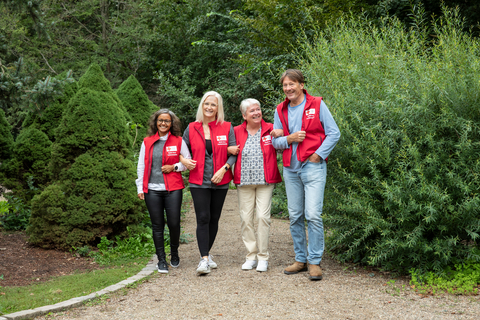
About the Bootcamp
Want to know more about the bootcamp?

Want to know more about the bootcamp?
People working in the humanitarian, development, global health, academic and advocacy fields do not often get the chance to meet, share their thoughts and break down barriers between the disciplines. The NCDs in Humanitarian Settings Bootcamp, held in Copenhagen over two days in June 2018, brought these disciplines together, mixing the enthusiasm and innovation of early-career professionals with the wisdom of operational experts with longer experience.
The Bootcamp brought to life a wish to think the challenge afresh by bringing local civil society and young leaders to the forefront of the policy dialogue on NCDs. The Bootcamp was inspirational, aspirational and practical – asking what needs to be done, identifying new pathways to achieve this, and ensuring a role for civil society.
At the end of the event, participants; achieved a shared understanding of the specific challenges related to NCDs in humanitarian settings and felt inspired to address them; developed bold policy asks and campaign ideas to further a policy agenda on NCDs in humanitarian settings and; forged new networks and partnerships as a platform for joint advocacy efforts.
The Bootcamp was designed to ensure an engaging and inspiring environment with ‘TED Talk’-style presentations held by experts and practitioners, and breakout sessions, where participants worked in smaller groups.
Six key areas formed the basis for the breakout sessions in the groups: Access to treatment, Continuity of care, Addressing risk factors in the community, Preparedness, Research and evidence, and Financing and partnerships.
The participants discussed challenges related to each key area and their vision for change. Based on these initial discussions they developed policy asks and presented these to the other participants and advocacy experts for input and feedback. They framed the policy asks within supporting campaign ideas that could be used by civil society to take the agenda forward.
At the final day of the Bootcamp, the policy asks and campaign ideas were presented to a high-level panel of decision makers and an advocacy expert – the Danish Ministry of Foreign Affairs, the IFRC, the World Health Organization (WHO) and Advice – to qualify the outputs.